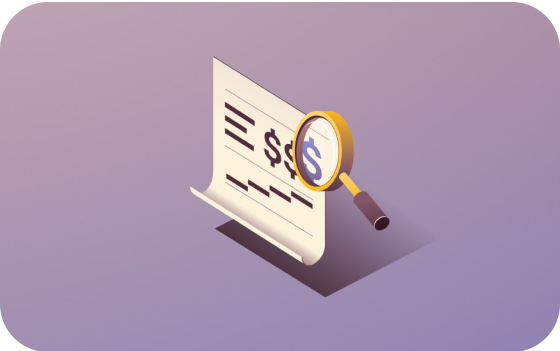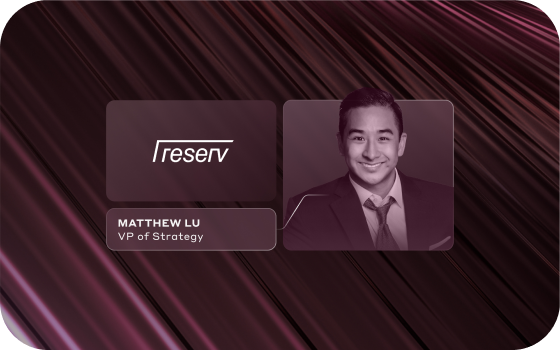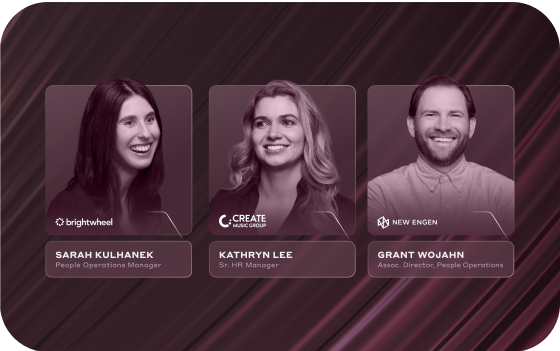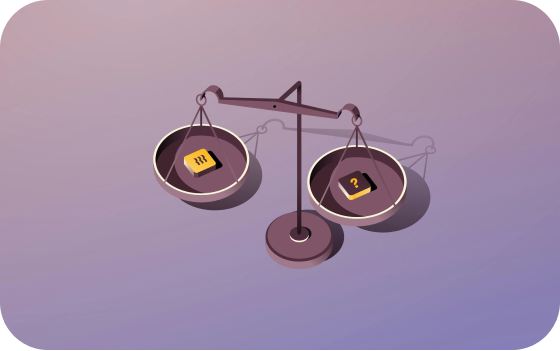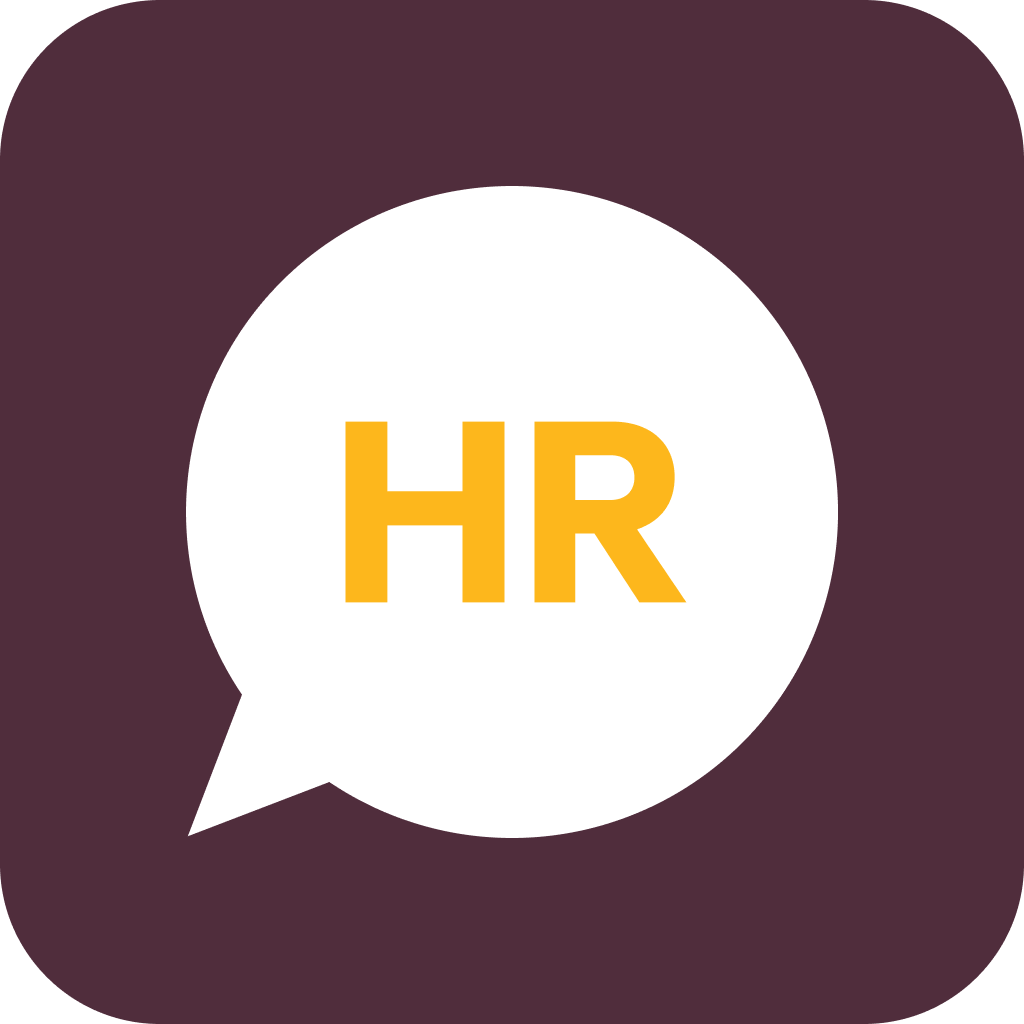The O-1B visa is a nonimmigrant work visa specifically for individuals with extraordinary ability in the arts or those who have achieved extraordinary achievement in the motion picture or television industry. This visa allows these individuals to work in the USA in their field of expertise, whether in full-time or part-time positions, based on the terms set by their US employer.
Who is eligible for the O-1B visa?
The O-1B visa category is part of the broader O-1 visa group, which includes the O-1A visa for those with extraordinary ability in sciences, education, business, or athletics.
- Extraordinary ability in the arts: To qualify for an O-1B visa, the applicant must demonstrate extraordinary ability in the arts, which USCIS defines as a level of achievement significantly above that of others in the field. This recognition often comes through international acclaim and a distinguished reputation.
- Extraordinary achievement in the television or motion picture industry: Applicants in the television industry or motion picture industry must show extraordinary achievement, typically demonstrated through a proven record of success and international recognition. This may include accolades such as an Academy Award or Nobel Prize.
What are the benefits of the O-1B visa?
O-1 visa holders, as well as their employers, may experience several benefits to having this visa type. Here are a few:
Work authorization specifics
The O-1B visa grants work authorization tied explicitly to the employer or project listed in the visa application. This allows the visa holder to work in the US on projects related to their extraordinary skills full-time or part-time as specified in the application.
The O-1B visa's specific work authorization benefits both workers and employers by providing clear legal parameters for employment and project engagement.
Travel privileges
O-1B visa holders can travel in and out of the US freely during the validity of their visa. They can leave the US for business or personal reasons and return without needing additional permissions, provided their visa is still valid and they continue to fulfill the terms of their O-1 petition.
Dependents (O-3 visa)
Dependents of O-1B visa holders, such as spouses and children under 21, are eligible for the O-3 visa. While O-3 visa holders cannot work in the US, they are permitted to study and can reside in the US for the same duration as the O-1B visa holder.
How to apply for the O-1B visa?
Form I-129 submission
The application process for the O-1B visa begins with a US employer or agent submitting Form I-129 to the US Citizenship and Immigration Services (USCIS). This form, also known as the O-1 petition, initiates the visa application process.
Required documentation
Along with Form I-129, applicants must provide supporting documentation to establish their eligibility. This documentation may include:
- Evidence of international recognition
- Endorsements from industry experts
- Publications in major media, trade publications, or professional journals
- Significant recognition from peers
- Testimonials from a peer group
- Evidence of having played a critical role in a major production
Advisory opinions from relevant government agencies or recognized organizations may also be required to validate the applicant's claims.
Processing times and fees
The processing time for an O-1B visa can vary, but premium processing is available for an additional fee, expediting the process to 15 days.
Filing fees are required for both the standard application and any premium services requested.
How long is the O-1B visa valid, and can it be extended?
The initial period of stay for an O-1B visa is typically up to three years, depending on the length of the project or employment for which the visa was granted.
Extensions can be requested in one-year increments if the applicant continues to work in the same field and under the same conditions as their original petition. The earliest applicant can ask for an extension is six months before the current expiration.
Each extension requires submitting a new O-1 petition along with updated supporting documentation.
There’s no specific maximum duration for how long an individual can stay in the US on an O-1B visa as long as extensions are approved and the individual continues to meet the eligibility criteria. Each extension is evaluated individually by USCIS.
How does the O-1B visa compare to other US visas?
There are many types of visas for foreign employees aiming to work in the US. Here’s how some of them compare with the O-1B visa.
Visa type
Eligibility
Duration
Work Authorization
O-1B Visa
Arts, Motion Picture, Television
Extraordinary ability or achievement in arts, motion picture, or television industry
Up to 3 years, extendable in 1-year increments
Authorized to work only for the petitioning employer in the specified field
O-1A Visa
Sciences, Education, Business, Athletics
Extraordinary ability in sciences, education, business, or athletics
Up to 3 years, extendable in 1-year increments
Authorized to work only for the petitioning employer in the specified field
H-1B Visa
Various professional fields
Specialty occupations requiring a bachelor's degree or higher
Up to 3 years, extendable to 6 years
Authorized to work only for the sponsoring employer, can apply for permanent residence
P-1 Visa
Athletics, Entertainment
Internationally recognized athletes or members of entertainment groups
Duration of the event, competition, or performance, up to 5 years
Authorized to work only for the specified event or group
What are the responsibilities of employers sponsoring O-1B visa holders?
Sponsorship requirements
Employers looking to hire an individual under the O-1B visa must act as the petitioner, meaning they are responsible for sponsorship of the visa application.
This involves filing Form I-129 with USCIS and proving that the applicant meets the eligibility criteria for extraordinary ability or achievement in the arts or entertainment industries.
The employer must clearly outline the employment terms and demonstrate that the position requires someone with the applicant’s level of expertise.
Compliance obligations
Employers have strict compliance obligations when employing an O-1B visa holder. They must ensure that the employee only works in the capacity specified in the visa application and that all employment conditions, such as job duties and high salary, are consistent with those detailed in the petition.
Employers must also notify USCIS of any significant changes in the employment terms, such as termination or changes in the work location.
Non-compliance with immigration law can result in penalties, such as fines or legal action, and may jeopardize the employee's visa status and legal work authorization in the US.
O-1B visa FAQs
Can O-1B visa holders work for multiple employers?
Yes, O-1B visa holders can work for multiple employers, but each employer must file a separate O-1 petition with USCIS. This is also true if the employee wants to change employers—the new company also needs to file Form I-129.
How long does the O-1B visa application process take?
The O-1B visa application process can vary, but standard processing times typically range from a few weeks to several months. Applicants can opt for premium processing, which expedites the process to 15 days for an additional fee.
Can family members work on an O-3 visa?
No, family members on an O-3 visa cannot work in the United States. However, they can attend school or study while residing in the US with the O-1B visa holder.
How can you transition to permanent residency from an O-1B visa?
O-1B visa holders can transition to permanent residence (a green card) by applying through employment-based immigration categories. The process typically involves employer sponsorship and meeting the eligibility criteria set by USCIS.
Is there an annual cap on O-1B visas?
No, there is no annual cap on O-1B visas. Unlike the H-1B visa, the O-1B visa is not subject to a numerical limit, allowing qualified individuals to apply throughout the year.
Can I apply for an O-1B visa from outside the United States?
Yes, you can apply for an O-1B visa from outside the United States. After the USCIS approves the O-1 petition, you can apply for the visa at a US embassy or consulate in your home country.
Rippling and its affiliates do not provide tax, legal, or accounting advice. This material has been prepared for informational purposes only, and is not intended to provide, and should not be relied on for, tax, legal, or accounting advice. You should consult your own tax, legal, and accounting advisors before engaging in any related activities or transactions.

























































































